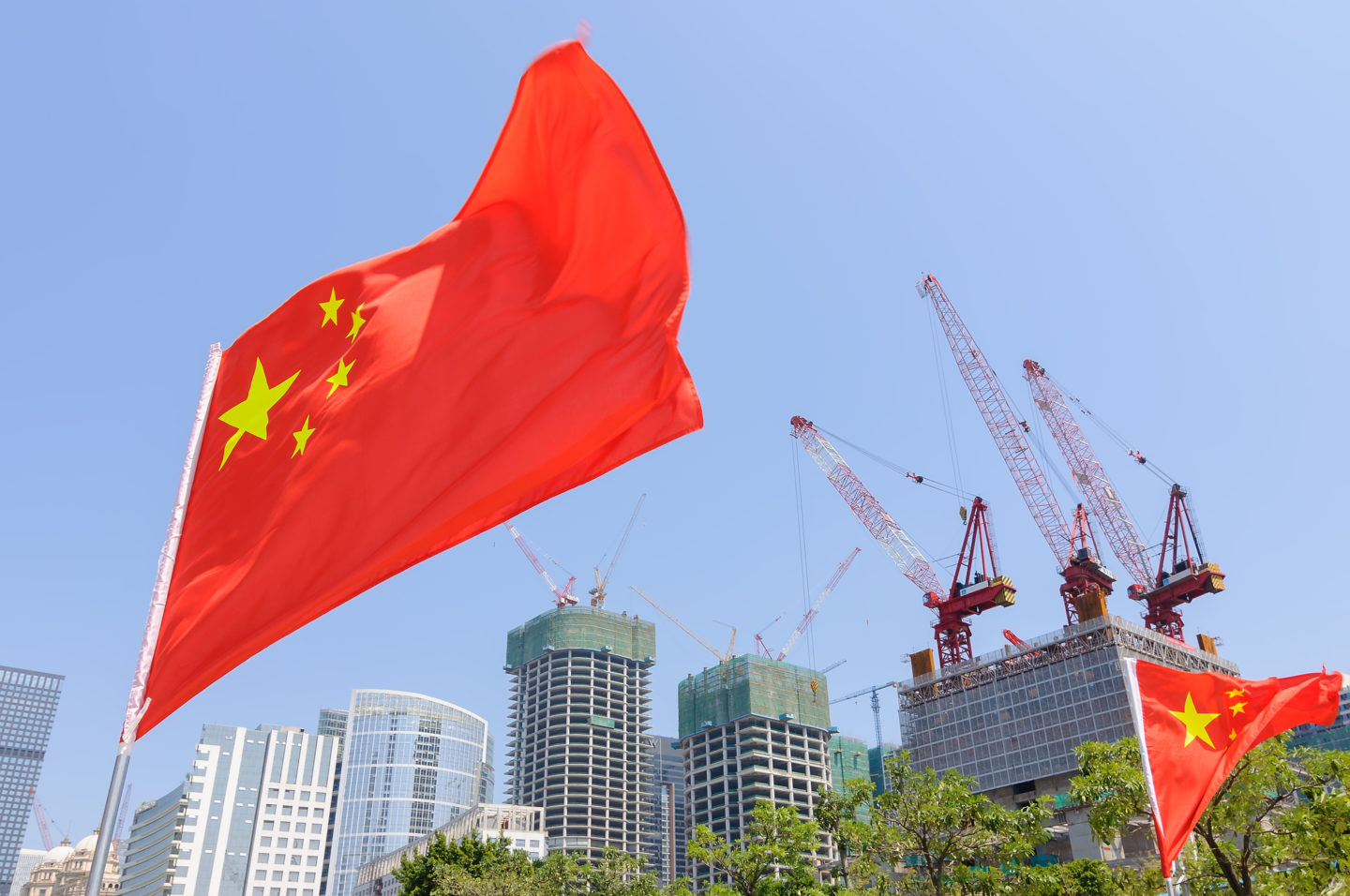Faced with an inevitable slowing of economic growth, Xi Jinping is driving a sea change in China, says Alicia García-Herrero, Chief Economist for Asia Pacific at Natixis.
With its clampdown on its tech giants, education firms and other private businesses, plus its adoption of the phrase “common prosperity”, is China changing tack from capitalism back to socialism?
China has never been a truly capitalist country as it has always kept central planning and a large share of the production of goods and services in the hands of the government, central or local. However, Deng Xiaoping’s quest for individual wealth as a way to instill animal spirits in the Chinese economy, together with its reform and opening up policies, was key to the country’s success of the last four decades.
The question now is how common prosperity changes the equation. Redistribution of income, as such, might not necessarily do away with the animal spirits, although it might mitigate them. However, a…


